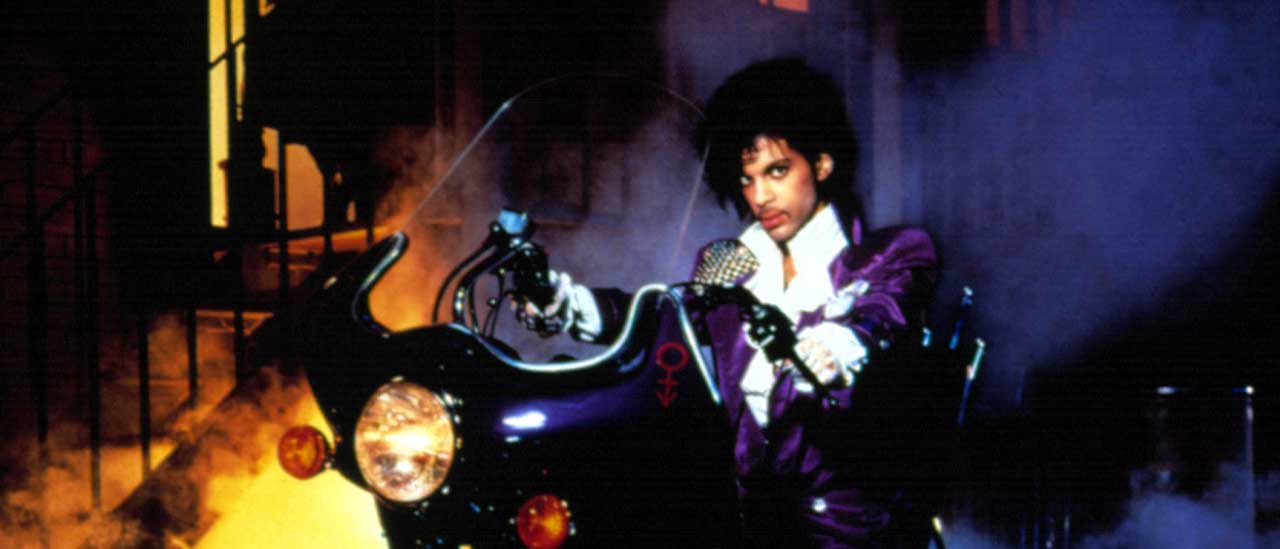You can trust Louder
I once organised a radio interview with two musicians who’d made an album together but whose relationship had disintegrated disastrously. They refused to go on air together, and spent some time arguing about who would talk first, presumably because both wanted to go on second. After they’d finished, the first interviewee demanded to go back on air again in order address some perceived slights and have the final word.
Joe Perry’s book feels like that initially, coming along in the wake of Steven Tyler’s Does The Noise In My Head Bother You?, giving the guitarist the opportunity to take pot-shots at his fellow toxic twin.
Steven’s ego is insatiable. Steven is secretive and plots behind everyone’s back. Steven knows it all. Steven is always complaining. Steven is out of control. Steven won’t shut up. But if you think this makes it sound like the kind of vitriolic, bitter, warts ’n’ all diatribe that will have Tyler demanding immediate right of reply, you’d be wrong.
Perry comes across as a perfectly nice chap, and his story is told in such unspectacular, matter-of-fact prose that it’s almost impossible to take umbrage at anything he says. It’s a decent, functional telling of the Aerosmith story, but the reader never really gets a sense of the man behind the machine heads, even when the band are unravelling miserably at the end of the 70s. Even moments of clear personal significance – such as the tale of a young Perry using a home-made diving rig to explore the bottom of a local lake, terrifying his mother in the process – are related without any sense of real drama.
The only time it doesn’t feel like a collection assembled from the thousands of largely identical sound bites the jobbing musician ends up giving while on promotional duty is when unexpectedly mystical sentences like “That night in Ancient India, time stood still” or “It was a magical time when the chaos of the noisy world was becalmed by a blanket of freshly fallen snow” alight on the page.
There are two types of autobiography. The first is where the subject takes on the dirty work, settles down in front of the computer and lets rip. This type of approach is almost always more interesting, even when the results are barely readable; take the musician out of the interview situation and you might just discover something new, and learn something you weren’t supposed to learn. Then there’s the ghost-written biography, where another author does the heavy lifting. These books are invariably less satisfying. They’re written in a more passive voice as the ghost writer tries to avoid imparting too much of their own personality, and in doing so they strip the subject of theirs. Rocks is very much one of the latter./o:p
Sign up below to get the latest from Classic Rock, plus exclusive special offers, direct to your inbox!

Online Editor at Louder/Classic Rock magazine since 2014. 39 years in music industry, online for 26. Also bylines for: Metal Hammer, Prog Magazine, The Word Magazine, The Guardian, The New Statesman, Saga, Music365. Former Head of Music at Xfm Radio, A&R at Fiction Records, early blogger, ex-roadie, published author. Once appeared in a Cure video dressed as a cowboy, and thinks any situation can be improved by the introduction of cats. Favourite Serbian trumpeter: Dejan Petrović.

